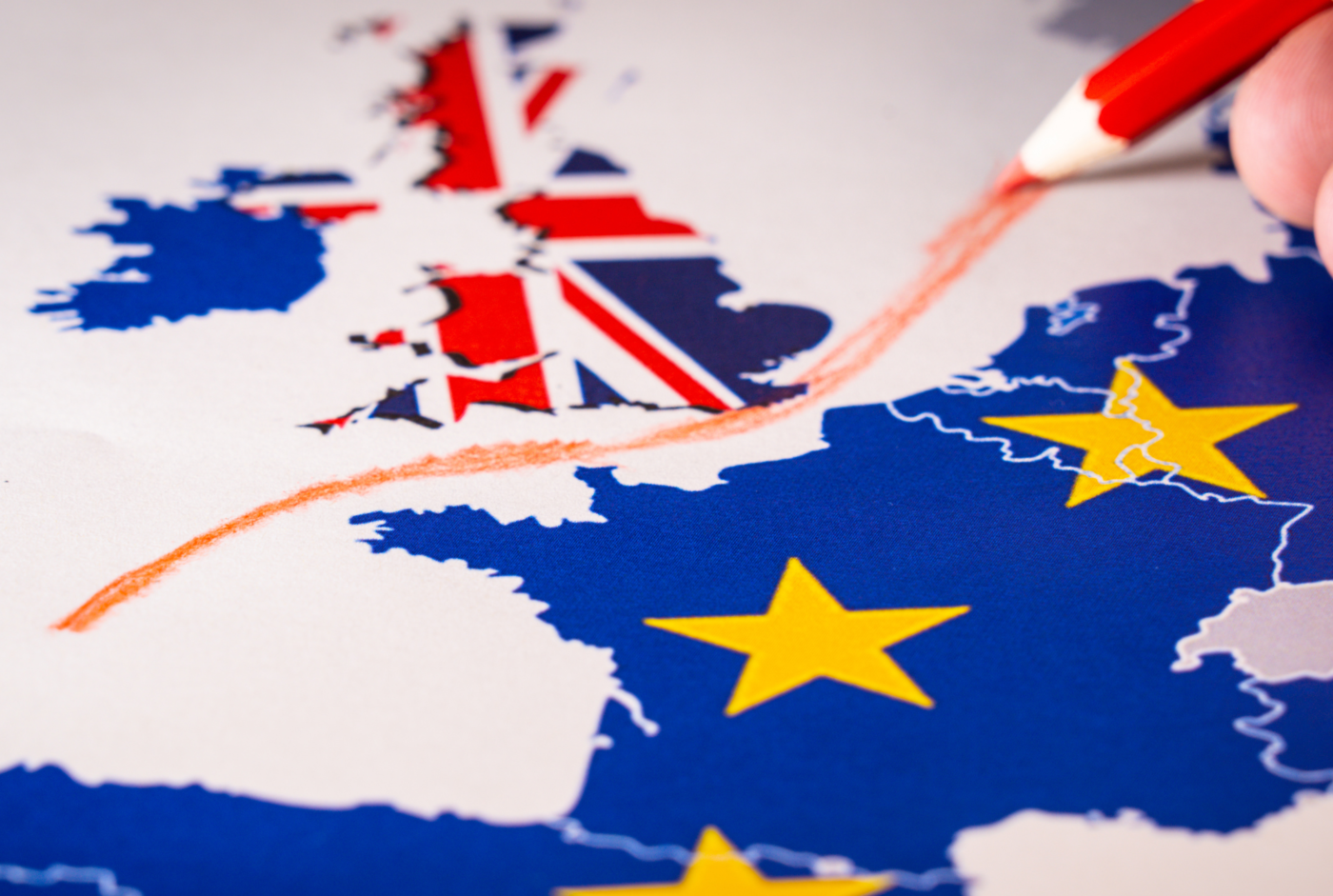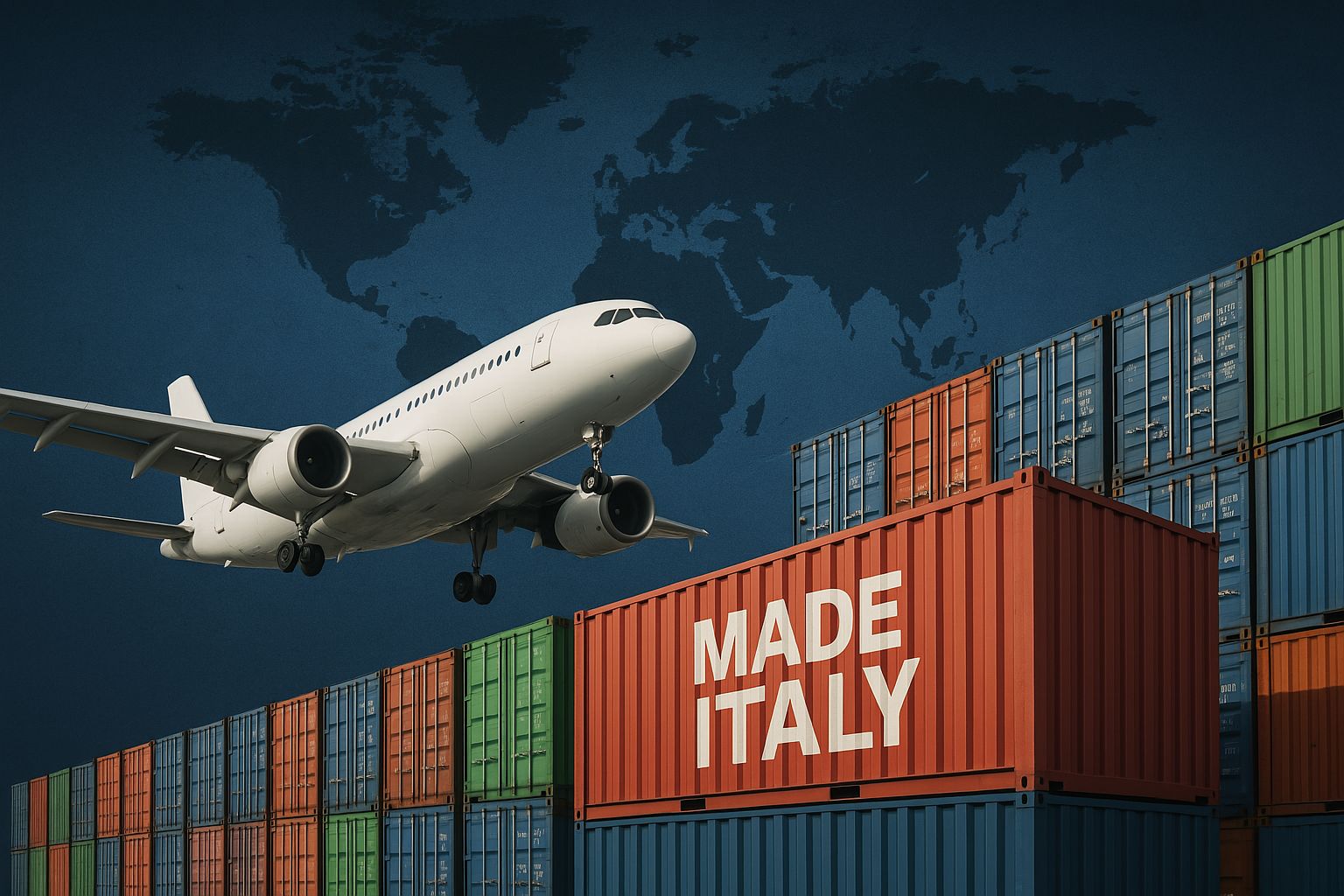Let’s go back to 2016 for a moment: the UK voted in a referendum to leave the European Union. The yes won, and the departure of Great Britain, Wales, Scotland and Northern Ireland was made official in January 2020 (read our 2020 article here https://www.studio-pangea.com/uk-brexit-hot-scenario/) shortly before COVID19 broke out.
After two years of exit, however, things are not going as hoped: according to some analysts, in fact, today the United Kingdom, although it is quite strong financially, on the flip side many areas of the country (especially the territories annexed by England) are in a deep social, geopolitical, health and educational crisis: for example, in Scotland, Northern Ireland and Wales the independence movements are quickly back to the forefront, trying to obtain referendums to return to Europe and split from Brexit (and indirectly also from Great Britain), also due to the fact that immediately after Brexit the economic aid plans aimed at them were cancelled. Striking examples are the support obtained by the ‘Scots National Pairty’ (of which the leader Nicola Sturgeon is first minister of Scotland) by the Welsh ‘Plaid Cymru’ (party of Wales) and the Northern Irish ‘Sinn Féin’ (ourselves). Even the hoped trade agreements with the EU have gone up in smoke, (British foreign trade is -15% since leaving the single market) with exports burdened by heavy customs duties and lorries stopped at the borders, forming dozens of kilometres of queues. On the employment front, the situation is not the brightest: with Brexit many Europeans have returned to their home countries. As a result, many jobs (often filled solely by European labour) in agriculture and health care have remained vacant. All this combined with the fact that a large proportion of the British population does not want to take on ‘humble’ jobs has led to a shortage of food in the supermarkets and the unemployment rate reached 5% by 2021. An impressive number, considering that before Brexit the UK had virtually full employment.
Undoubtedly, the premier’s resignation will open a fight within the Conservative party for the premiership, opening up a period of uncertainty for the economy, which is already burdened by the reasons mentioned above.
The pound had been steadily falling since May 2021, but rose back above $1.2 after Johnson’s resignation announcement, boosted by confidence that his successor will be able to adopt more far-reaching fiscal policies, particularly with the EU. In addition to the pound, the London Stock Exchange also responded positively to the premier’s resignation.
The names of possible successors are already on everyone’s lips. From Liz Truss to Nadhim Zahawi, whoever picks up Johnson’s legacy will inherit a country with inflation over 10% and expected economic stagnation. Everything will depend on who the new premier will be: if conservative policies are adopted, a period of austerity is expected but it’ll be more favourable for business; while if a populist approach is pursued, short-term growth will be preferred, but there will be a possible increase of both inflation and public debt.
But how do London expats experience all this? Far from their home country and ‘betrayed’ by a nation they felt as theirs? With more positivity than it seems. For example, despite the Brexit and Covid combo, which first slowed down and then stopped international travel, the number of Italians in the UK has increased and in London alone there are more than 461K (more than the sum of all Italian citizens in the US) making Italy practically the only European country with a positive balance compared to the previous year.
This shows that the Italian community is resilient and that, even with some initial difficulties with visas, denied citizenships and passports, most expats have decided to stay even after Brexit, seeing the UK as a kindred country in many ways, including cultural and economic. If, for example, in universities it is a much more complex situation for foreign students to stay (often funded by the European Union), for those who decide to do business in the city things are quite different: for the first time Italy and England can communicate without the mediation of the Union and Italy can have direct access to British capital, ready to be invested in the country. On the other hand, England can fit more easily into the Italian industrial network, one of the strongest in the world. So what if all this is not an ending, but a great beginning?
Contact us for further details!
✅ Edited by Cristina from the UK office of Pangea Studio Associato
📧 info@studio-pangea.com
📞 06-87155256 – to speak with us select “english” and “London”.



